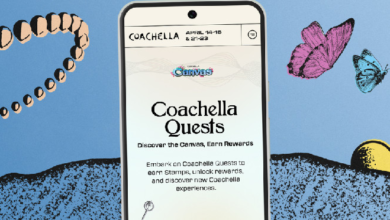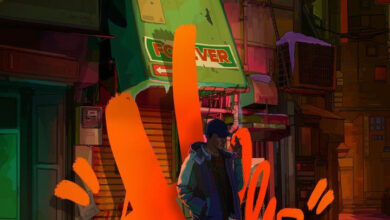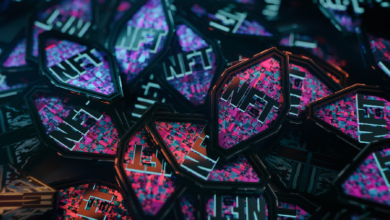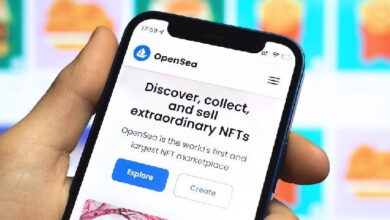Here’s What Really Happened With DigiDaigaku’s Controversial Super Bowl Ad

NFTs didn’t take over this year’s Super Bowl like they did in 2022. But perhaps this was to be expected, considering the NFT space only recently began to emerge from a market lull. Despite a lack of blockchain-centric ads featured during the big game, NFTs still had a presence — and one that went far beyond Reddit’s highly successful collectible avatar collaboration with the NFL.
We’re talking about DigiDaigaku, of course. An NFT-powered game created by Web3 startup Limit Break, DigiDaigaku made waves as one of the only Web3-leaning commercials to air during the Super Bowl. Although the project garnered mass attention, it mustered a mixed bag of reactions, sending many in the NFT space reeling and ultimately resulting in controversy.
The DigiDaigaku NFT Super Bowl commercial
According to a press release shared with nft now, the DigiDaigaku commercial was meant to inspire “the largest minting event ever.” Those who viewed the ad would be prompted to scan a code allowing them to mint one of 10,000 free collectibles. But that’s not exactly what happened.
In short, the commercial suffered from poor execution. While the content itself — which featured 3D animated protagonists going wild for a QR code for the better part of 30 seconds — may have left a bit to be desired, the prominent fixture within the ad (i.e., the QR code) was flawed. For many, the code didn’t direct them to mint an NFT but to the Twitter profile of Limit Break’s CEO and Co-Founder, Gabriel Leydon.
With a large banner that read “follow to win” set as Leydon’s Twitter header, many believed that the commercial and QR code were a form of high-level (and expensive) engagement farming. But apparently, that wasn’t the case. Instead, it was an unfortunate result of the DigiDaigaku website redirecting to Leydon’s Twitter account after the site failed to load. A significant hiccup for an ad reportedly costing $6.5 million.
NFT Super Bowl commercial aftermath
Shortly after airing, it became apparent that the commercial was only a part of a quickly developing DigiDaigaku debacle. Apart from Leydon tweeting the ad and mint link before the commercial actually aired, users noticed that the NFT claim itself was only accessible to those who had an Ethereum wallet — meaning that the majority of the millions of people watching the SuperBowl likely would not be able to claim.
As many took to Twitter to comment on the missed opportunity to potentially onboard enthusiasts into the NFT space, it became clear that DigiDaigaku was not the guiding light it could’ve been. While some collectors were able to claim the digital collectibles and made off with a successful quick flip of 0.5 ETH ($700 at the time) or more, floor prices began to drop and currently sit at 0.288 ETH. Before the game was over, Leydon announced a second-chance mint featuring another 5,000 of the free unrevealed NFT Dragon Eggs, but only time will tell what’s next for the project.
Regardless of the public sentiment, Leydon sees the commercial as a success. During a DigiCult Twitter space after the game, he responded to the detractors, saying, “I don’t know what they were expecting, but Digi did exactly what we said it was going to do.” Further, concerning accusations of engagement farming, Leydon noted he was simply doing what made financial sense. “What was I supposed to do?” he asked. “We spent seven million dollars, and after 4k minted, I’m supposed to say thanks for stopping by? No, I’m going to use that money for engagement.”
It remains to be seen how Limit Break and DigiDaigaku will move forward from the poorly-received launch. But perhaps, similar to other hyped NFT drops of the past, they will remain a reminder of the potentially toxic effects of falling short of expectations while operating under a microscope.





